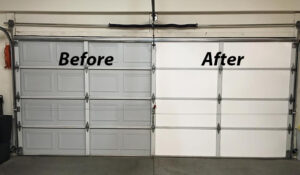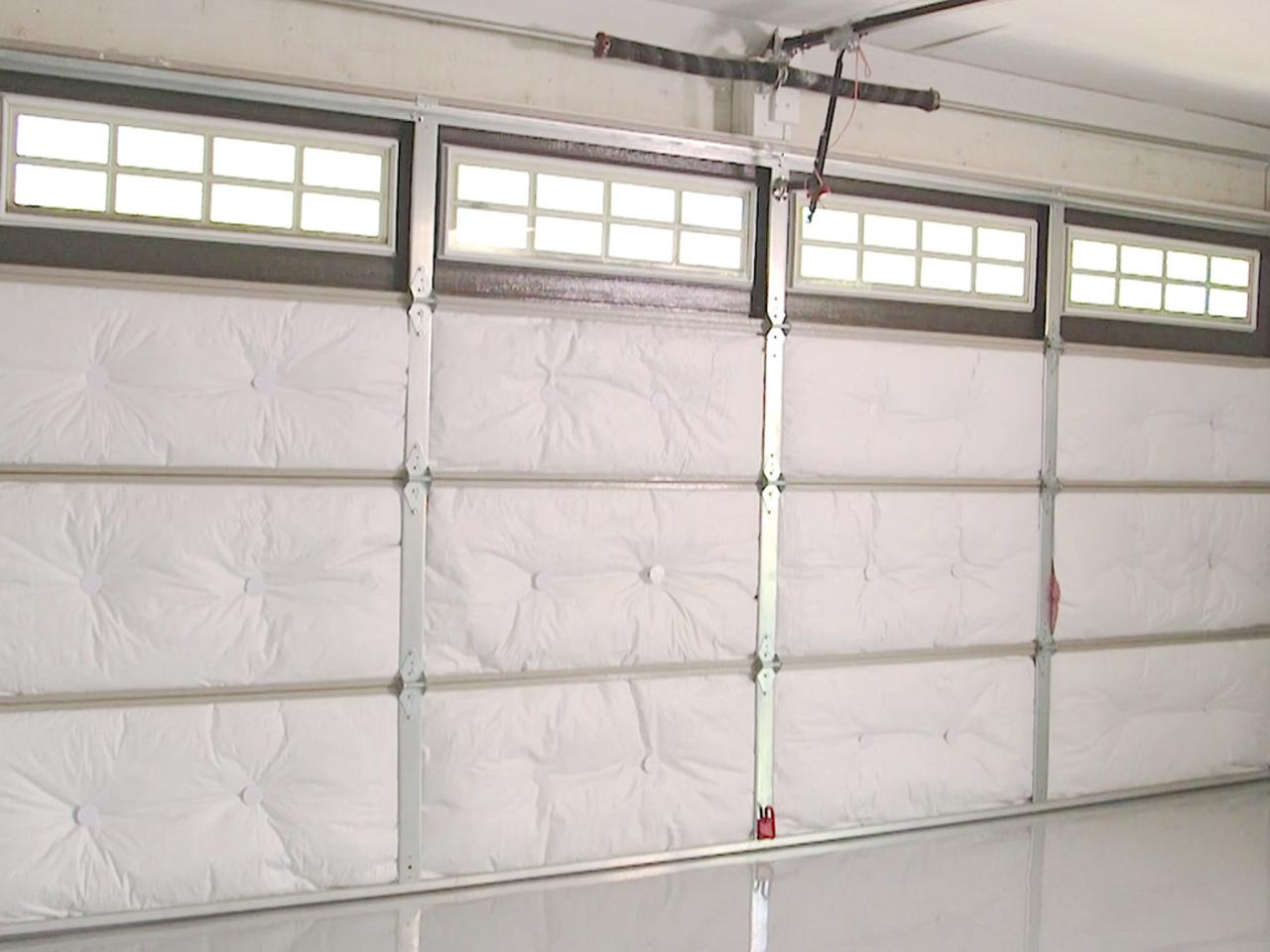
Should You Insulate Your Garage Door? The Powerful Pros and Cons
 In today’s energy-conscious world, homeowners are continually seeking ways to enhance comfort and reduce utility bills. One area often overlooked is the garage door. Choosing to insulate your garage door can significantly impact your home’s energy efficiency, noise levels, and overall comfort. However, it’s essential to weigh the benefits against potential drawbacks. This article delves into the pros and cons of garage door insulation, helping you make an informed decision tailored to your needs.
In today’s energy-conscious world, homeowners are continually seeking ways to enhance comfort and reduce utility bills. One area often overlooked is the garage door. Choosing to insulate your garage door can significantly impact your home’s energy efficiency, noise levels, and overall comfort. However, it’s essential to weigh the benefits against potential drawbacks. This article delves into the pros and cons of garage door insulation, helping you make an informed decision tailored to your needs.
The Benefits of Insulating Your Garage Door
Opting to insulate your garage door offers numerous advantages that extend beyond mere temperature control. Firstly, insulation enhances energy efficiency by minimizing heat transfer, leading to reduced heating and cooling costs . Secondly, it contributes to a more comfortable garage environment, making the space usable year-round.
Moreover, insulation adds structural strength to the door, increasing its durability and lifespan. It also acts as a sound barrier, reducing noise from both outside and inside the garage . Additionally, an insulated garage door can enhance your home’s resale value by appealing to energy-conscious buyers.
Key Advantages:
-
Energy Efficiency: Reduces heat loss/gain, lowering utility bills.
-
Enhanced Comfort: Maintains a stable garage temperature.
-
Increased Durability: Strengthens the door against wear and tear.
-
Noise Reduction: Minimizes external and internal noise.
-
Improved Aesthetics: Offers a cleaner, more finished look.
-
Higher Resale Value: Appeals to energy-conscious homebuyers.
Potential Drawbacks to Consider
While there are clear benefits to choosing to insulate your garage door, it’s important to consider potential downsides. One concern is the initial cost; insulated doors or insulation kits can be more expensive than non-insulated options. Additionally, if your garage is rarely used or detached from the main house, the return on investment may be minimal.
Another factor is the added weight insulation brings to the door, which might necessitate a more robust opener system. Furthermore, improper installation can lead to moisture buildup, potentially causing mold or mildew. It’s crucial to assess your specific needs and consult with professionals before proceeding.
Types of Garage Door Insulation Materials
When deciding to insulate your garage door, understanding the available insulation materials is vital. Common options include polystyrene and polyurethane. Polystyrene is cost-effective and offers decent insulation, while polyurethane provides superior thermal resistance and adds structural strength to the door .
Another option is reflective insulation, which reflects radiant heat, making it suitable for hot climates. Each material has its pros and cons, and the best choice depends on your climate, budget, and specific requirements. Consulting with a garage door specialist can help determine the most suitable insulation type for your situation.
DIY vs. Professional Installation
Deciding to insulate your garage door can be approached as a DIY project or left to professionals. DIY insulation kits are readily available and can be cost-effective. However, they require time, effort, and a certain level of skill to install correctly. Mistakes during installation can compromise the insulation’s effectiveness and potentially damage the door.
On the other hand, professional installation ensures that the insulation is applied correctly and efficiently. Professionals can also provide advice on the best insulation type for your specific needs and ensure that the door’s balance and opener system are adjusted appropriately to handle the added weight. While more expensive, professional installation offers peace of mind and long-term reliability.
Climate Considerations
Your local climate plays a significant role in the decision to insulate your garage door. In colder regions, insulation helps maintain a warmer garage, protecting your vehicle and stored items from freezing temperatures. In hotter climates, it prevents excessive heat buildup, making the garage more comfortable and reducing cooling costs .
However, in mild climates, the benefits might not justify the costs. It’s essential to assess how extreme your local temperatures are and how often you use your garage. This evaluation will help determine whether insulation is a worthwhile investment for your specific situation.
Energy Savings and Environmental Impact
Choosing to insulate your garage door can lead to significant energy savings. By reducing the transfer of heat, your home’s heating and cooling systems don’t have to work as hard, leading to lower energy consumption and utility bills . This not only saves money but also reduces your home’s carbon footprint, contributing to environmental conservation.
Moreover, if your garage is attached to your home, insulation can prevent temperature fluctuations in adjacent rooms, enhancing overall comfort. Over time, the energy savings can offset the initial investment in insulation, making it a financially and environmentally sound decision.
Maintenance and Longevity
An insulated garage door often requires less maintenance than its non-insulated counterpart. The added strength from insulation materials makes the door more resistant to dents and damage. Additionally, insulation can protect the door’s components from extreme temperatures, reducing wear and tear.
However, it’s essential to regularly inspect the insulation for signs of moisture or damage. Proper maintenance ensures that the insulation continues to perform effectively and extends the lifespan of your garage door. Regular checks and prompt repairs can prevent minor issues from becoming major problems.
Final Verdict: Is Insulating Your Garage Door Worth It?
Deciding to insulate your garage door depends on various factors, including climate, garage usage, and budget. For many homeowners, the benefits—such as improved energy efficiency, enhanced comfort, and increased door durability—outweigh the drawbacks. However, it’s crucial to assess your specific needs and consult with professionals to make an informed decision.
Get in Touch with Williams Garage Doors
If you’re considering garage door insulation or have questions about the best options for your home, Williams Garage Doors is here to help. Our team of experts can provide personalized advice and professional installation services to ensure optimal results.
-
📞 Pennsylvania Office: 215-792-4424
-
📞 New Jersey Office: 856-606-2937
-
📧 Email: williamsgaragedoors1@gmail.com
-
🌐 Website: https://williams-garagedoors.com/
For more information on the benefits of insulated garage doors, you can also visit Door Systems and Clopay
Enhance your home’s comfort and efficiency—contact us today to learn more about how to insulate your garage door effectively.



